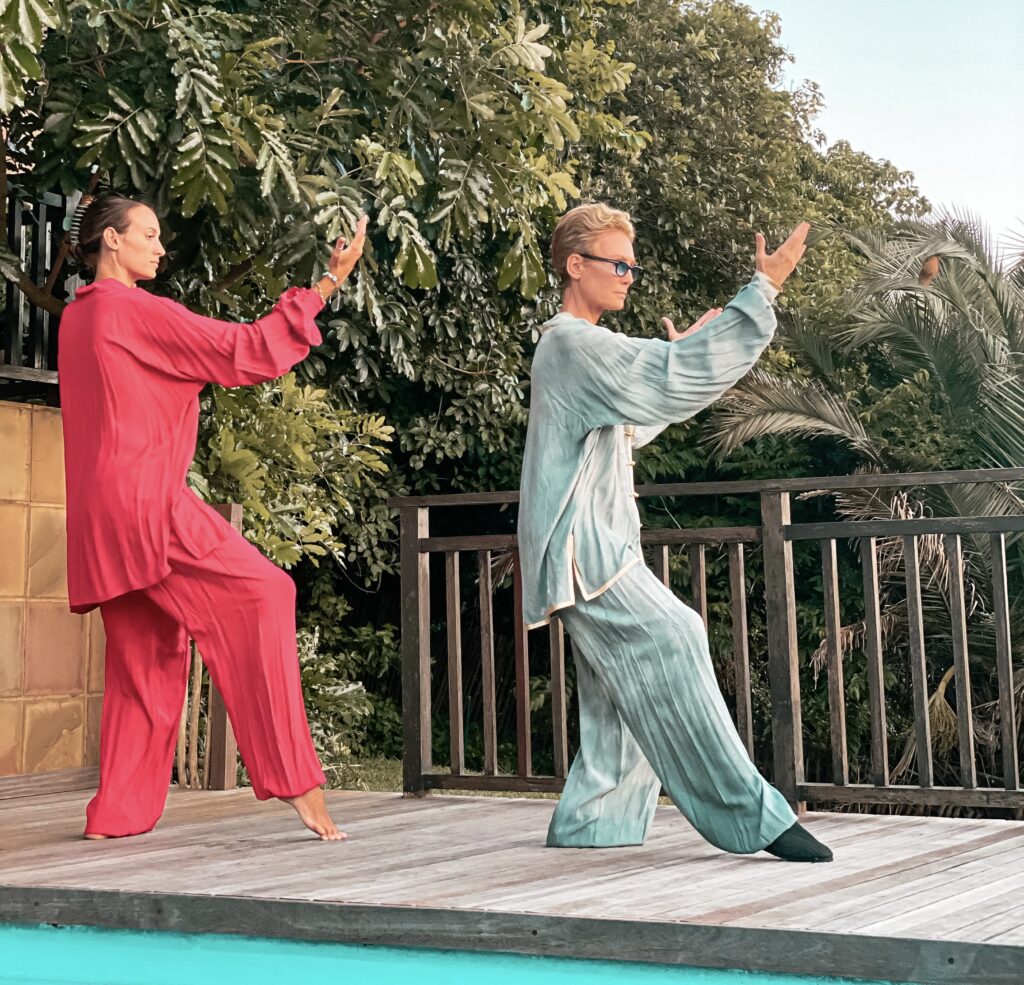
Intro to Tai Chi : Debunking Western Misconceptions
Tai Chi has been an integral part of my life for as long as I can remember. Yet, when discussing Tai Chi, the immediate image that often comes to mind is that of older people gracefully moving in slow motion in a park. However, Tai Chi is much more than a serene dance. It is a profound and ancient Chinese martial art encompassing endless benefits for physical and mental well-being.
Tai Chi is a practice of realignment of mind, Body, and Soul, whereby the gym is as much mental as physical and spiritual. The practice of tai chi leads to protection and defense in and out (as part of the External/Internal Arts). The cognitive capacity comes first, and the physical follows suit. It is also the reconditioning of bones, muscles, joints, tendons, cognitive capacities, control of vital energy, detox, blood irrigation, reactivation of the lymphatic system, etc.
The Taoists focus on prevention rather than healing. Benefits of practicing Tai Chi:
- Reconditions all muscle groups, joints, tendons, bone marrow, and fascia reactivation
- Prevention of knee issues, lower back, and arthritis
- increase in cognitive capacity and increase in memory
- cellular repair
- control of Qi ( vitality) & Jing ( vital power)
- self-healing and repair
- strength, flexibility, and conditioning of the lymphatic system
- reconditioned Psoas Muscles
- relaxation through meditation in movement
- Realign mind, body, and soul
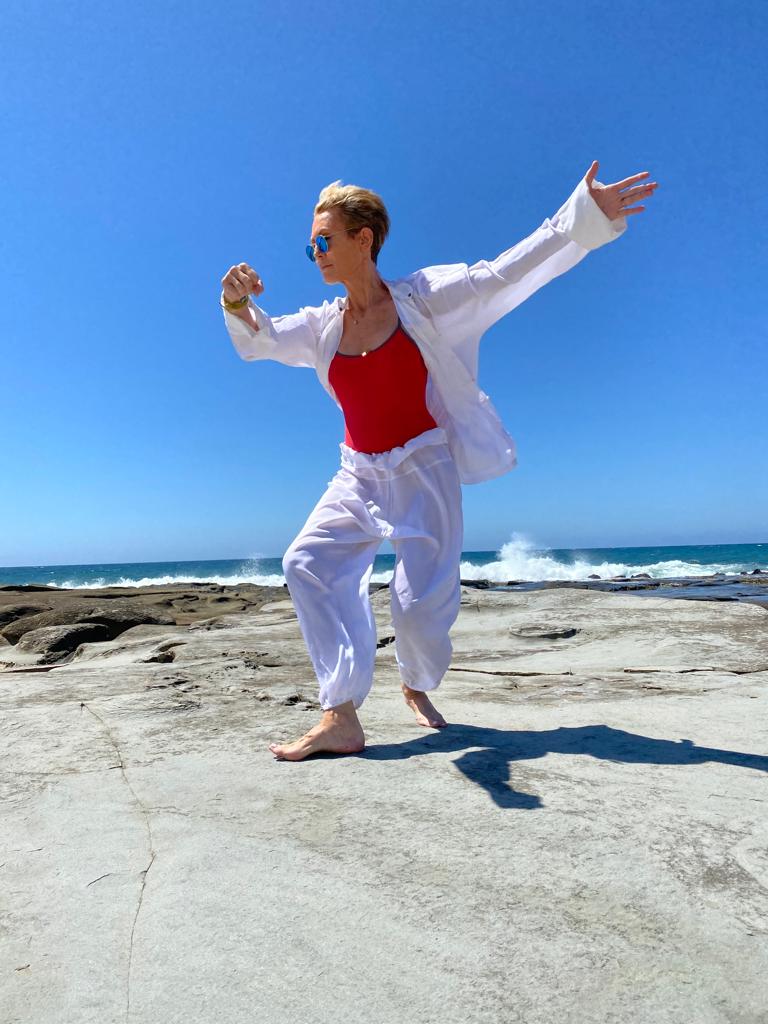
TC boosts energy dramatically, lowers stress, prevents disease, boosts the immune system, and leads to self-healing. It is an anti-aging art that promotes longevity. It combines slow movements with deep breathing and mental focus. The practice of Tai Chi is often described as a moving meditation.
Unfortunately, in Western cultures, Tai Chi is shrouded in misconceptions and misunderstandings. What lies at the heart of this enigma? Join us as we journey to demystify the common misconceptions surrounding Tai Chi. Together, we will uncover its rich cultural heritage, explore its profound health benefits, and delve into the spiritual essence that makes Tai Chi a timeless treasure. By bridging the gap between East and West, we can deepen our appreciation for these transformative practices and their profound impact on our lives.
In contrast to the widespread popularity of yoga in Western cultures, Tai Chi has needed more adoption. But why has yoga gained more traction compared to Tai Chi? Drawing from my personal experience of practicing Tai Chi and yoga, the answer lies in the appeal of yoga’s physicality and accessibility. Tai Chi involves intricate and flowing movements that require coordination, balance, and precise body positioning and disciplined consistency. The sequences or forms in Tai Chi can be more complex and demanding compared to the static poses and sequences typically found in yoga. Mastering the fluidity and precision of Tai Chi movements take time, practice and the guidance of a very skilled instructor.
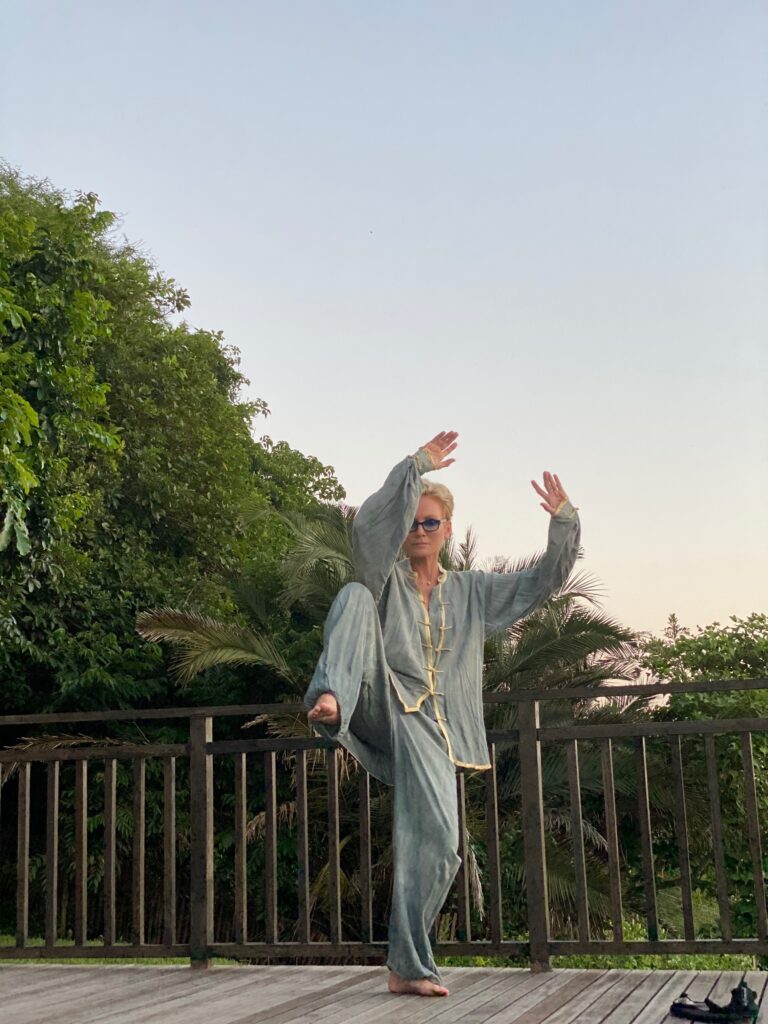
Internal Focus of Tai Chi
Tai Chi emphasizes the internal aspects of movement, such as energy flow, breath control, and mindfulness. Practitioners must cultivate a deep awareness of their body, mind, and energy during Tai Chi practice. This internal focus can be challenging for those accustomed to more externally-oriented activities.
In contrast, Tai Chi requires dedicated and intrinsic practice, with instructors possessing a deep ancient holistic knowledge and understanding of its internal meditation in movement.
The unique challenges that Tai Chi encounters stem from a need for more Western awareness regarding its true power. Tai Chi is rooted in the Tao, effortlessly following the natural flow of life. It goes beyond mere automatism, demanding the body mimic the natural movements that promote growth, healing, and expansion. The principles of yin and yang, expansion and retraction, are intricately woven into the practice, creating a harmonious balance.
Join us on this enlightening journey to unlock the essence of Tai Chi. Together, we will unveil its hidden treasures and embrace the transformative power that this ancient practice holds. Discover the beauty of Tai Chi as it harmonizes mind, body, and spirit, guiding us toward a profound sense of well-being and inner peace.
Tai Chi: Nurturing the Nervous System and Cultivating the Parasympathetic State
Tai Chi offers a holistic approach, prioritizing integrated movements that harmonize the body rather than treating it as a machine. By embracing relaxation and eliminating unnecessary tension, Tai Chi builds strength and safeguards the external while conditioning the internal. Its gracefulness stems from the magic that unfolds when complete relaxation is achieved.
When practicing Tai Chi, entering a fight-or-flight mode becomes impossible. The cognitive demands of the sequences compel the body to listen to the brain, leading to the reactivation of neurotransmitters. Tai Chi acts as a gentle persuader, coaxing the nervous system back into a balanced state, where the parasympathetic system takes the reins.
By bridging the gap between East and West, we can deepen our appreciation for these transformative practices and their profound impact on our lives.
In the realm of physical fitness, there is often an emphasis on building muscle, and while muscles are undoubtedly important, we tend to overlook the significance of fascia. Fascia, often forgotten, acts as a vibrant battery that nourishes the flow of Chi and protects the body. Unlike muscles, which consume large amounts of oxygen and Chi, fascia acts as a reservoir, vacuum-packing and lymphatically draining the body, ensuring longevity and vitality. Lymphatic health- The connection and foundations of our health
Let us embrace the wisdom of Tai Chi, honoring the interplay between relaxation, movement, and the intricate network of fascia within our bodies. Together, we can unlock the profound benefits of harmonizing the physical, energetic, and spiritual aspects of our being, transcending cultural boundaries, and enriching our lives with newfound vitality.
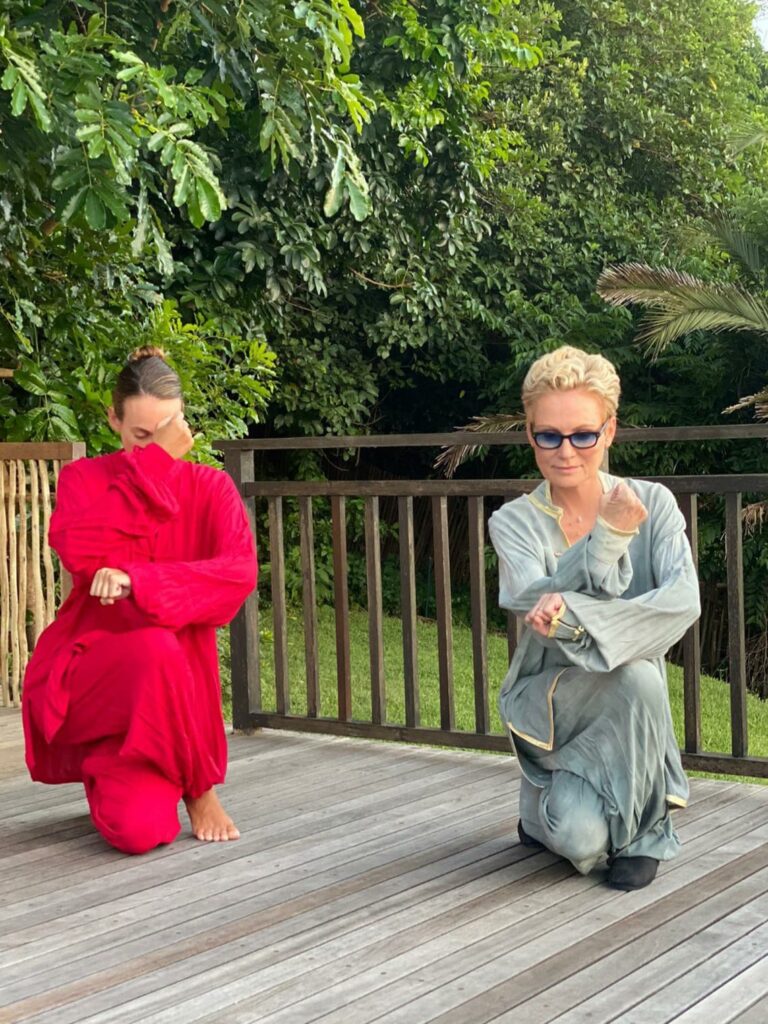
The future of healing and prevention lies in Tai Chi:
- Physical Health: Tai Chi promotes balance, flexibility, and strength. The slow and controlled movements help improve muscle tone, joint mobility, and coordination. Regular practice can enhance cardiovascular fitness and overall physical well-being.
- Stress Reduction: Tai Chi is known for its calming and meditative qualities. It helps reduce stress and anxiety by promoting relaxation and deep breathing. Focusing on the present moment and the flowing movements can soothe the mind, leading to peace and inner tranquility.
- Mind-Body Connection: Tai Chi emphasizes the integration of body and mind. By coordinating movements with breath and cultivating mindfulness, practitioners develop a heightened awareness of their bodies. This mind-body connection can enhance mental clarity, concentration, and self-awareness.
- Fall Prevention: Tai Chi movements involve weight shifting, gentle weight-bearing, and stability training. Regular practice has been shown to improve balance and reduce the risk of falls, particularly in older adults. It can also help with postural alignment and body awareness, reducing the likelihood of injuries.
- Overall Well-being: Tai Chi is often described as a holistic practice that promotes overall well-being. It is believed to harmonize the flow of vital energy (qi) in the body, promoting a sense of balance and harmony. Practitioners often report increased vitality, improved sleep quality, and a greater understanding of calm and centeredness.
Meet the collective
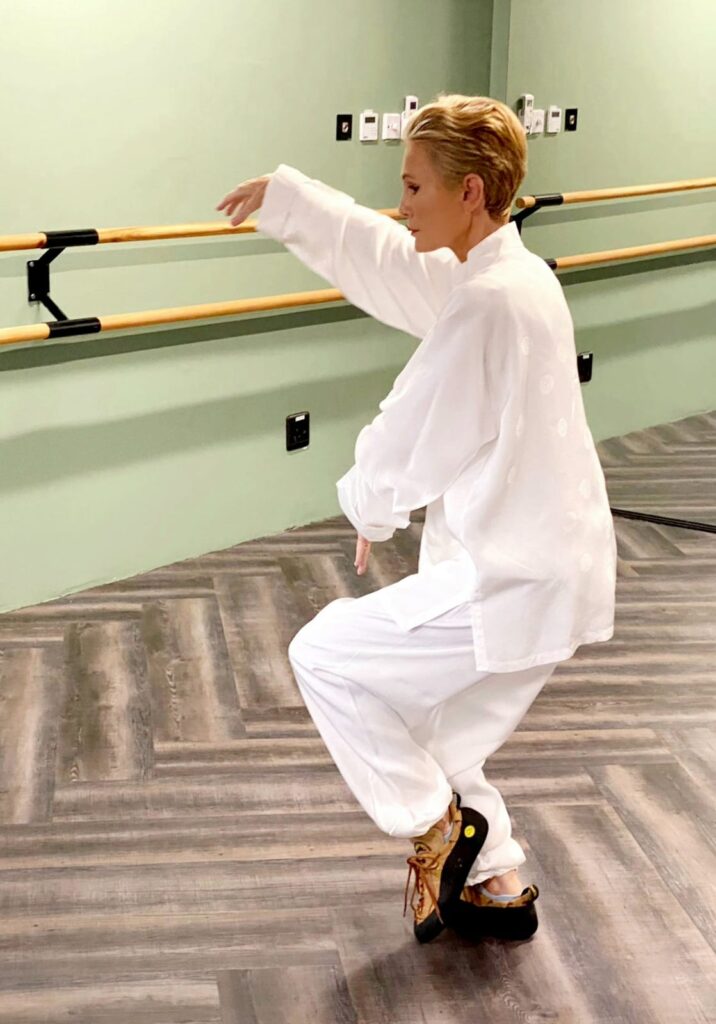
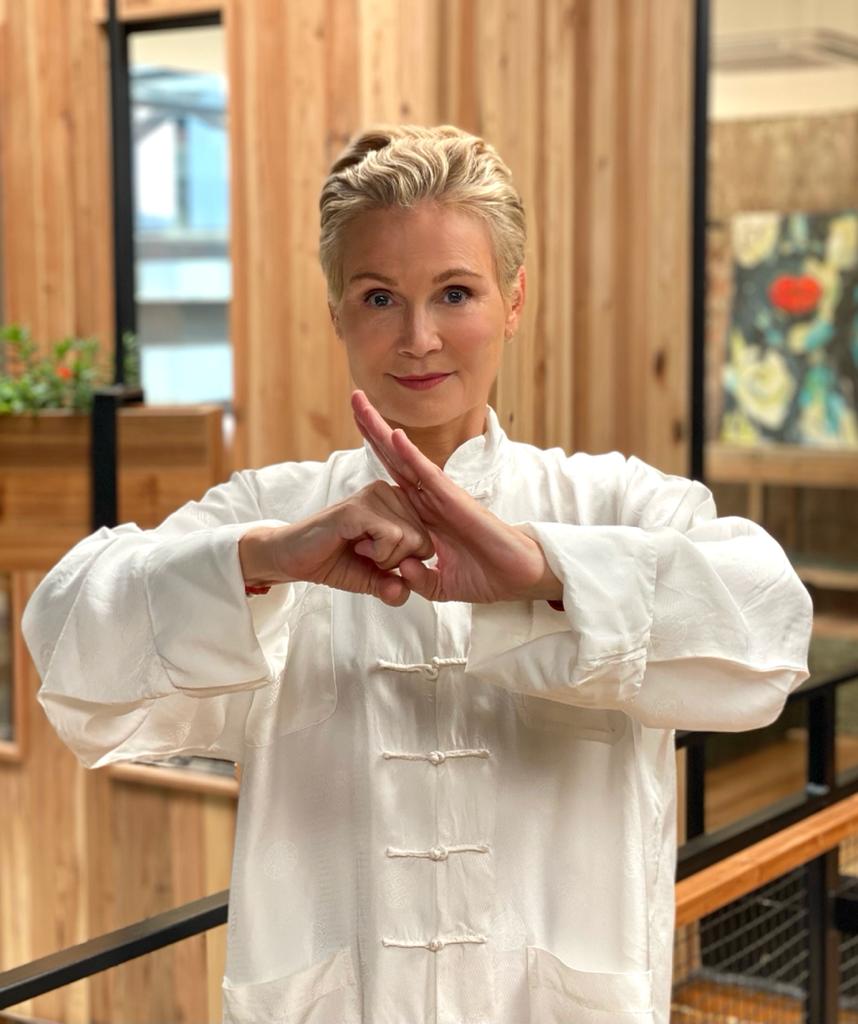
Claire Denarie-Soffietti is a Tai-Qi, Yang-style Instructor, trained and experienced in 24-step beginners’ form, 42-step competition form as well as 32/42 Chinese sword forms.
Claire commenced her Tai-Qi training in 1996 under the instruction of Li Chu Shuan as part of the Wushu Tai-Qi Federation of the Caribbean.
Chu Shuan and Claire also opened a Tai-Qi school in Barbados and she ran it for 10 years.
Claire also studied with Master Li Jinheng in Arizona. At the time Master Jinheng was responsible for training China’s national Junior team.
Claire is the only Tai-Qi Instructor certified by Virgin Active in the whole of Africa.
She has taught as Class Instructor at the Virgin Active Constantia Club for the past 6 years
She also holds guided Meditation classes upon request.
One response to “Unveiling the Essence of Tai Chi: The Life-changing practice”
-
[…] I will delve into this in a separate post, but it is worth mentioning that my mother is a professionally trained Tai Chi and Qi Gong teacher. The principles of Chi and vital life forces have been instilled in us since childhood. Could these principles be the root cause of my poor health and unexplained anxiety? Could it all be interconnected? Unveiling the essence of Tai Chi […]

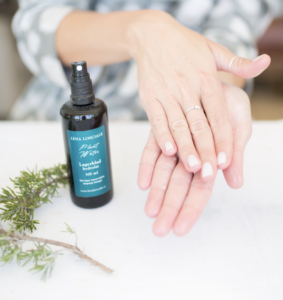

Leave a Reply